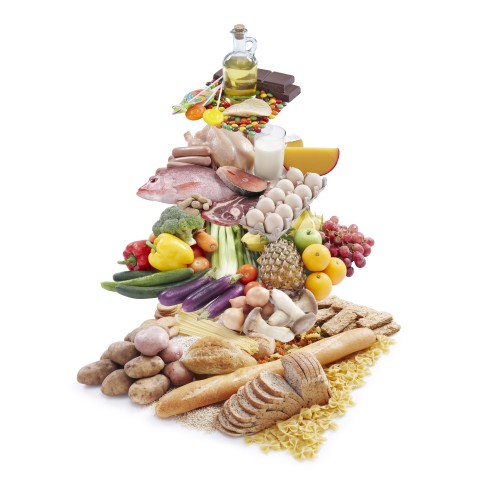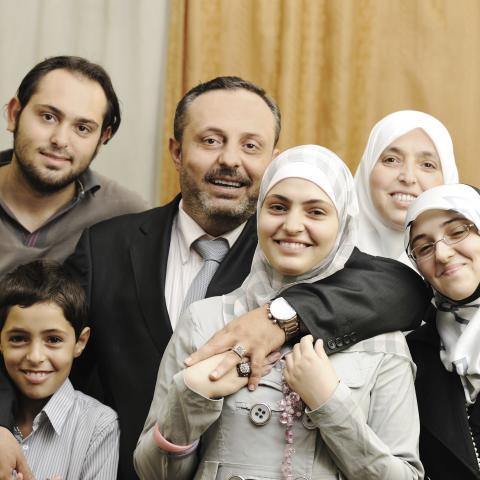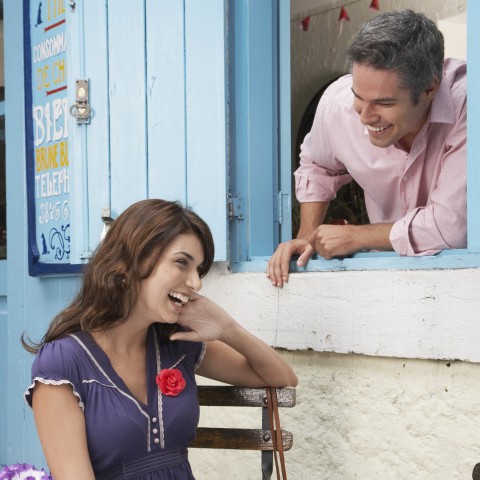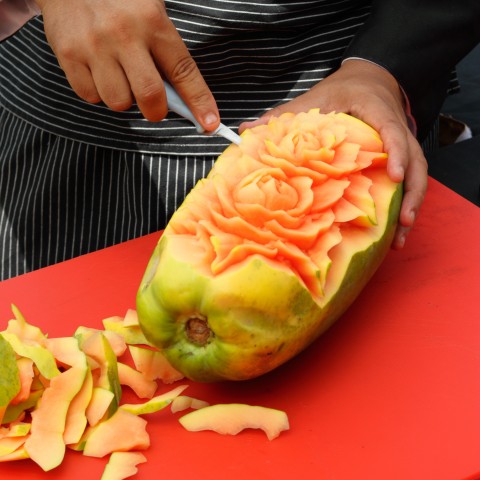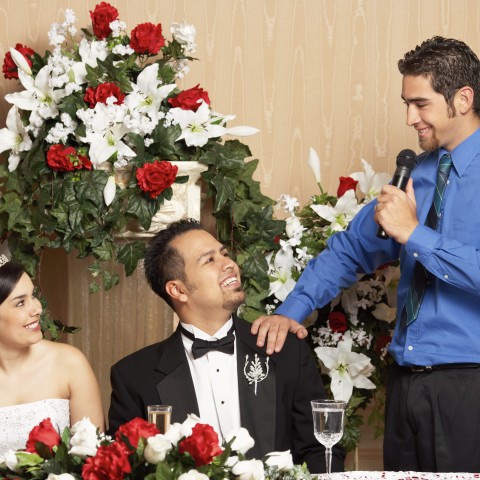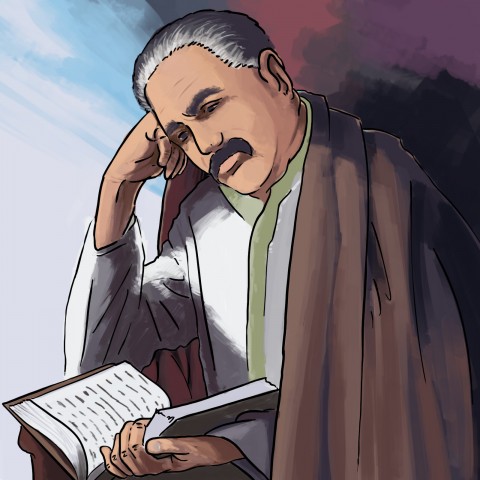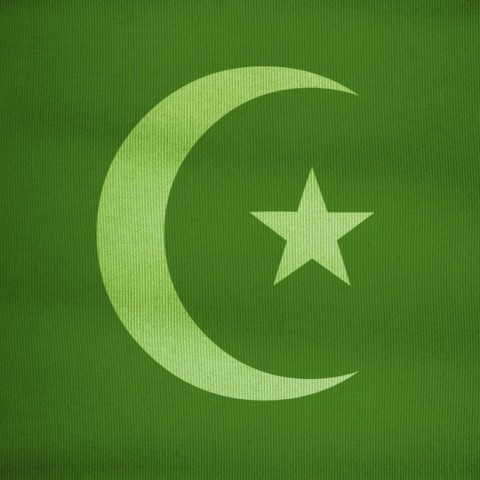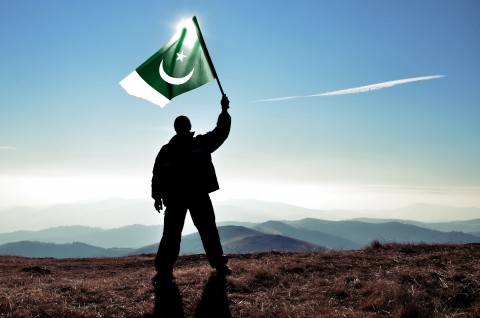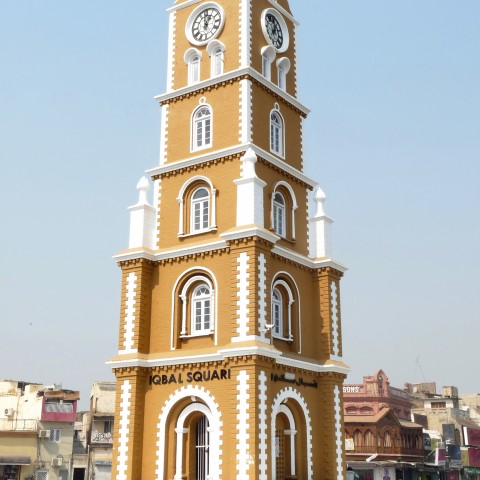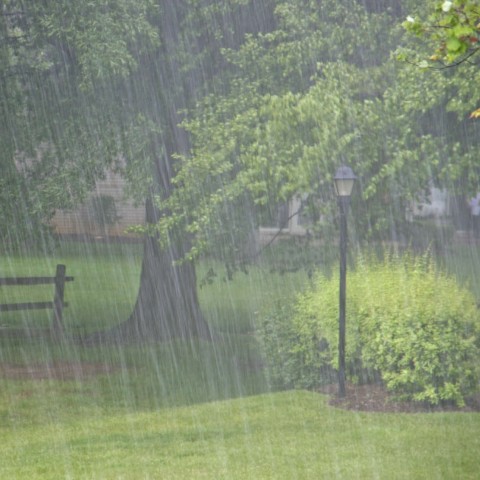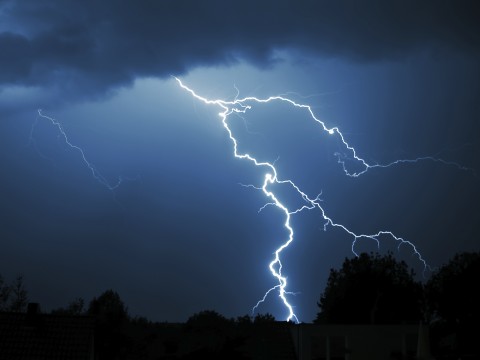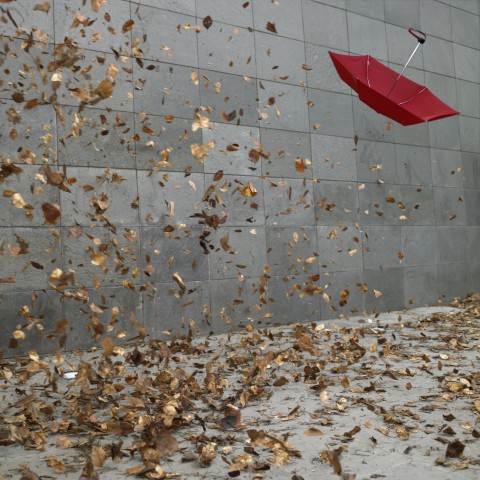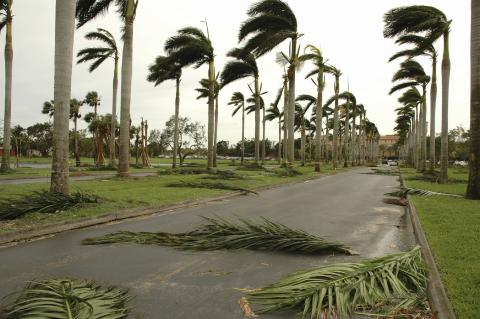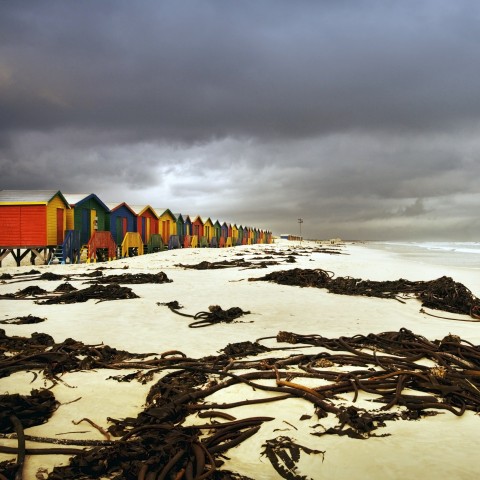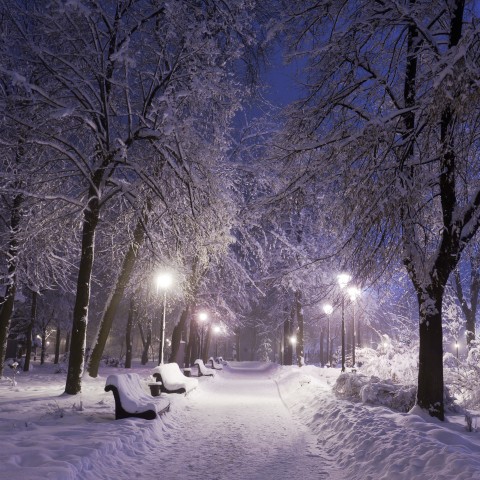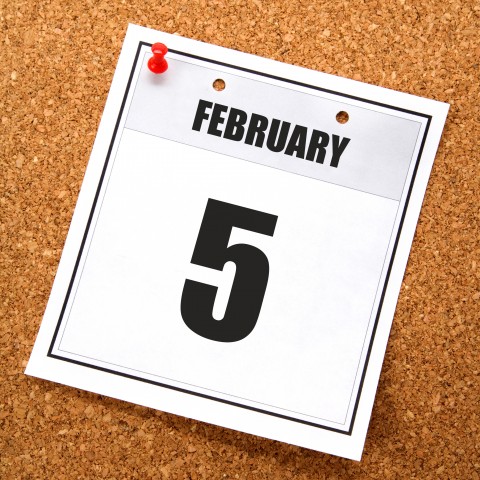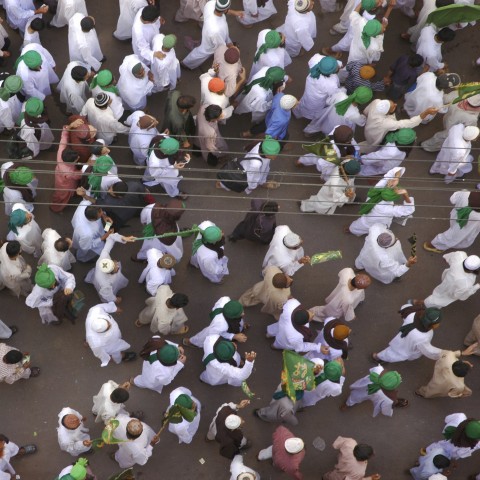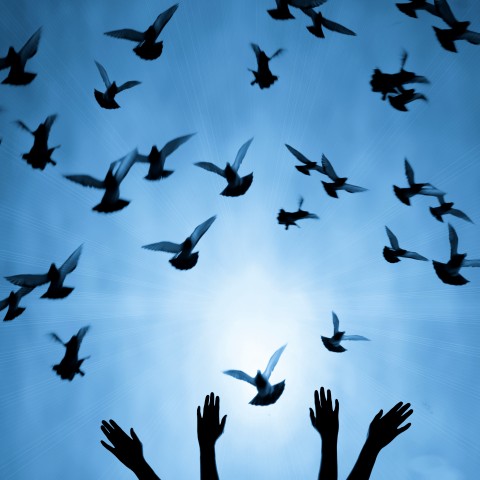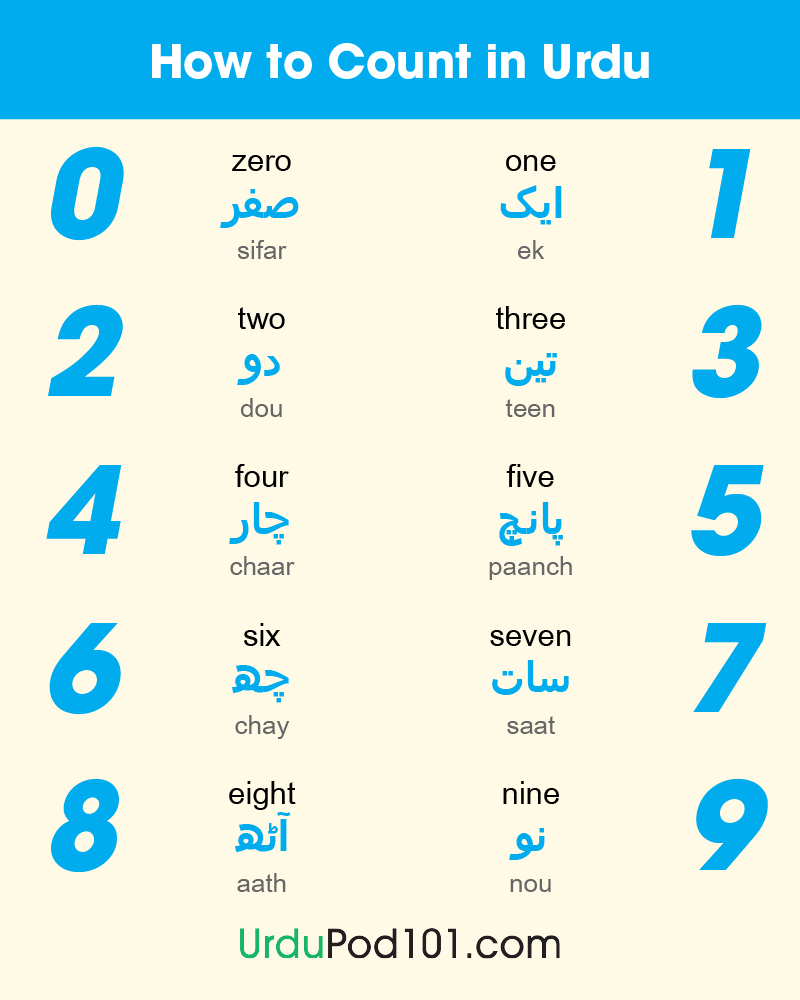
It’s a universally acknowledged truth that time and tide wait for none. Yes, if you want to enjoy a good productive stay in an Urdu-speaking country, knowing how to effectively communicate time will be your vantage point. In this article, we’ll teach you everything you need to know about Urdu time so you can be prepared and on time, all the time!
P.S.: Once you’ve gotten the hang of telling the time in Urdu, be sure to check out our vocabulary list Talking about Days for more useful words and phrases.
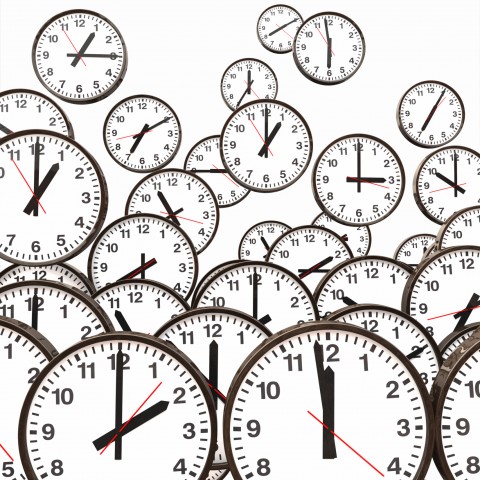
 Table of Contents
Table of Contents
- Why is it Important to Study How to Tell the Time in Urdu?
- How to Ask the Time in Urdu
- The Hours in Urdu
- Understanding How to Use Minutes in Urdu
- General Time Reference of the Day
- Adverbs of Time in Urdu
- Time Proverbs and Sayings
- Conclusion
1. Why is it Important to Study How to Tell the Time in Urdu?

Depending on your personal needs or inclinations, your reasons for learning Urdu may differ. But the essentiality of learning the art of asking or telling the time correctly remains the same. Whether you want to set up a business appointment or need to coordinate with someone about a recreational tour, you’ll always have to ask or tell the time. Here, in this article, we’ll guide you through how to ask/tell the time in Urdu immaculately and with ease.
2. How to Ask the Time in Urdu

While staying in Pakistan, it’s quite normal to need to ask the time from someone. If you haven’t learned how to ask the time in Urdu, below are a few simple sentences which will enable you to easily ask the time from someone in Urdu.
- وقت کیا ہوا ہے؟
waqt kia hua hai?
What time is it?
- آپ کی گھڑی پر کیا بجا ہے؟
aap ki gharri per kia baja hai?
What is the time on your watch?
- کیا آپ مجھے وقت بتا سکتے ہیں؟
kia aap mujhay waqt bata saktay hain?
Could you please tell me the time?
1- Cultural Tip about the Usage of “You” in Urdu
Always remember that in Urdu, there are two words used for the second person pronoun “you.” The two words are تم (tum) and آپ (aap). Both of them mean the same thing: “you.” People use the first one in an informal sense, whereas they use the second one in formal conversations. We suggest that you use the second word, as it sounds more polite and courteous compared to the first word.
2- A Must-Know List about Periods of Time in Urdu
Before proceeding further, boost your knowledge with a practical and useful list of must-know Urdu words about periods of time!
- ایک سیکنڈ
ek second
One second
- ایک منٹ
ek minute
One minute
- ایک گھنٹہ
ek ghanta
One hour
- ایک دن
ek din
One day
- ایک ہفتہ
ek hafta
One week
- ایک مہینہ
ek mahina
One month
- ایک سال
ek saal
One year
- ایک دہائی
ek dihai
One decade
- ایک صدی
ek saddi
One century
3. The Hours in Urdu

1- Understanding the Use of Hours in Urdu:
You can’t afford to wait until the eleventh hour to learn the exact word for “hour” in Urdu, which is گھنٹہ (Ghanta). If you look at the clock, you can easily see that it contains twelve hours. Without sound knowledge about these hours and their corresponding Urdu numbers, you really can’t move forward with learning how to ask or give the time in Urdu.
2- گھنٹہ (ghanta) — “hour”
In Pakistan, the usual format people use for telling the time is the twelve-hour format. Thus, you need to familiarize yourself with the idea of a.m. and p.m. in Urdu.
For the first twelve hours—from twelve o’clock midnight to twelve at noon—the words قبل دوپہر (qabal dopehar) or صبح (subah) are used. These equate with the term a.m. in Urdu.
The exact word synonymous with p.m. in Urdu is بعد دوپہر (baad dopehar). You can’t use a single word like subah for this.
If you want to give a time reference instead, you’ll have to use words like “afternoon,” “evening,” or “night” accordingly. We’ll discuss these time references later on in this article.
3- How to properly use hours in Urdu
First, let’s learn how to say “o’clock” in Urdu. The Urdu word بجے (bajay) is the nearest translation available for this word. You’ll see later in this article how significant learning about, and using, “o’clock” in Urdu is.
Below is a list which will introduce you to telling the time in Urdu vocabulary efficiently.
ایک بجے (aik bajay) One o’clock
دو بجے (dou bajay) Two o’clock
تین بجے (teen bajay) Three o’clock
چار بجے (char bajay) Four o’clock
پانچ نجے (panch bajay) Five o’clock
چھ بجے (chay bajay) Six o’clock
سات بجے (saat bajay) Seven o’clock
آٹھ بجے (aath bajay) Eight o’clock
نو بجے (nou bajay) Nine o’clock
دس بجے (das bajay) Ten o’clock
گیارہ بجے (gayarah bajay) Eleven o’clock
بارہ بجے (barah bajay) Twelve o’clock
After having a look at the twelve hours in Urdu, let’s learn a few valuable sentences to see how they’re used.
- اس وقت نو بجے ہیں۔
iss waqt nou bajay hain.
It is nine o’clock right now.
- کرکٹ میچ صبح دس بجے شروع ہو گا۔
cricket match subah das bajay shuru ho ga.
The cricket match will start at ten o’clock in the morning.

4. Understanding How to Use Minutes in Urdu
1- منٹ (minute) — “minute”
In the hunt for the translation of the English word “minute” in Urdu, you require no extra effort—the pronunciation of the word is exactly the same as in English. To master telling the time in Urdu using minutes, you must also achieve proficiency in Urdu numbers as suggested earlier.
One of the simplest ways of telling the time in Urdu is to say the numbers you see on a clock or watch. Here are some examples:
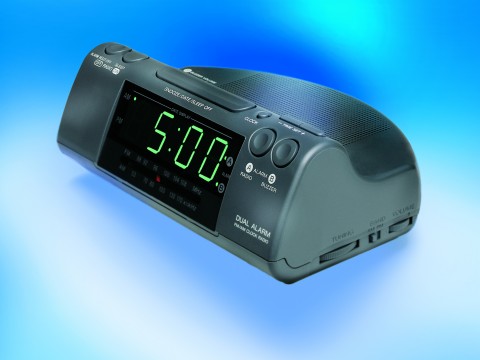
3:18
تین بج کر اٹھارہ منٹ (teen baj kar athara minute) Three eighteen
12:45
بارہ بج کر پنتالیس منٹ (barah baj kar pantalees minute) Twelve forty-five
03:28
تین بج کر اٹھائیس منٹ (teen baj kar athaees minute) Three twenty-eight
Sentence:
لیکچر دس بج کر تیس منٹ پر شروع ہو گا۔
lecture das baj kar tees minute per shiru ho ga.
The lecture will start at ten-thirty.
2- Hours Divided into Minutes
Now let’s expand our knowledge and concentrate on the division of hours into minutes before proceeding further. A very basic division of the clock reading is given below. It will also introduce you to the art of how to read time in Urdu.
- سوا (sawa) Quarter past
- ساڑھے (sarrhay) Half past
- پونے (ponay) Quarter to
Here are some sentences to show you how these words are actually used:
- میٹنگ سوا ایک بجے شروع ہو گی۔
meeting sawa aik bajay shuru ho gi.
The meeting will start at a quarter past one.
- لنچ ساڑھے تین بجے دیا جائے گا۔
lunch sarrhay teen bajay diya jaye ga.
The lunch will be served at half past three.
- وہ پونے دو بجے روانہ ہوں گے۔
woh ponay dou bajay rawana hon gay.
They will leave at a quarter to two.
5. General Time Reference of the Day
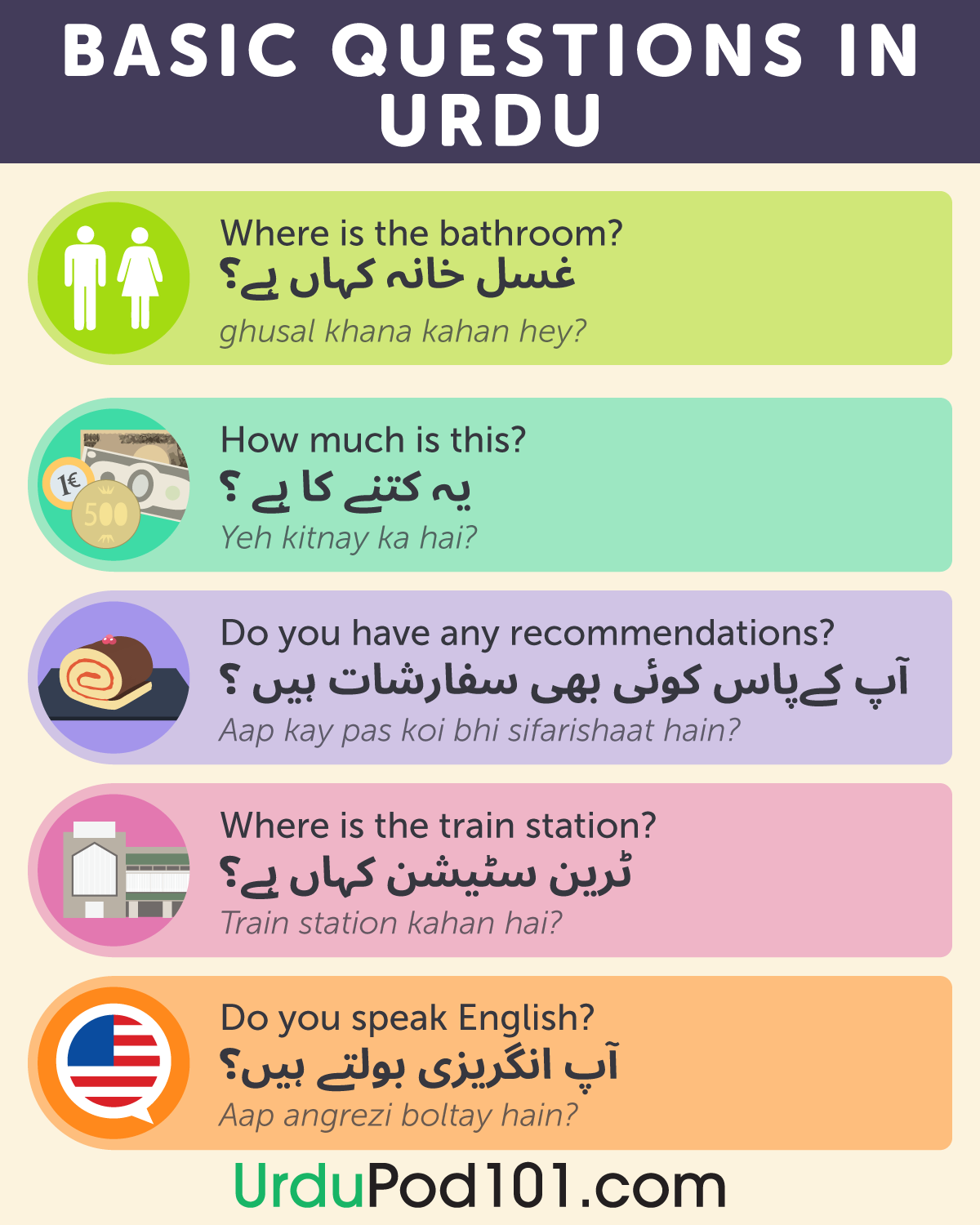
Now that you have a better idea of how to say the time in Urdu and answer questions like “What time is it there?” in Urdu, we’ll acquaint you with some words and phrases about the general time of day.
- وقت (waqt) — Time
- صبح (subah) — Morning
- دوپہر (dopehar) — Noon
- سہ پہر (seh pehar) — Afternoon
- شام (shaam) — Evening
- رات (raat) — Night
- صبح سویرے (subah saweray) — Early morning
- طلوع آفتاب (tuloo-e-aaftaab) — Sunrise
- ( آدھا دن (نصف النہار) (aadha din [nisaf-un-nihaar]) — Midday
- غروب آفتاب (ghuroob-e-aaftaab) — Sunset
- آدھی رات (adhi raat) — Midnight
Sentence:
- سورج مشرق سے نکلتا ہے اور مغرب میں غروب ہوتا ہے۔
suraj mashriq say nikalta hai aur maghrib mei gharoob hota hai.
The sun rises in the east and sets in the west.
6. Adverbs of Time in Urdu
To talk about time more fluently, you need to know some adverbs about time in Urdu. Adverbs in Urdu, like those in English, modify the meaning of a verb, adjective, or another adverb.
The following list introduces a handy list of adverbs that will always be helpful when asking or telling time in Urdu. Knowing these words will also improve your skills at reading time in Urdu .
- بالکل ابھی (bilkul abhi) — Right now
- حال ہی میں (haal hi mein) — Recently
- اسی دوران (issi doraan) — In the meanwhile
- پہلے (pehlay) — Before
- بعد میں (baad mei) — After
- جلد ہی (jald he) — Soon
- تقریباً (taqreeban) — Almost
- تھوڑی دیر میں (thori der mein) — In a little while
- لمبے عرصے کے لئے (lambay arsay kay liye) — For a long time
- کسی بھی وقت (kisi bhi waqt) — Anytime
- جلد از جلد (jald az jald) — As soon as possible
Sentence:
- اسی دوران اس نے کہا کہ وہ کسی بھی وقت آ سکتے ہیں۔
issi doraan uss nay kaha kay woh kisi bhi waqt aa saktay hain.
In the meanwhile, he said that they could come anytime.

Is there an adverb of time in Urdu that we missed? Let us know in the comments, and we’ll do our best to help!
7. Time Proverbs and Sayings
To emphasize the significance of time, myriads of proverbs are frequently used in every culture. Now, we’ll discuss a few widely used Urdu proverbs in this category. The importance of time in Urdu-speaking countries is clearly shown through these proverbs, sayings, and quotes about time in Urdu. Let’s take a look!
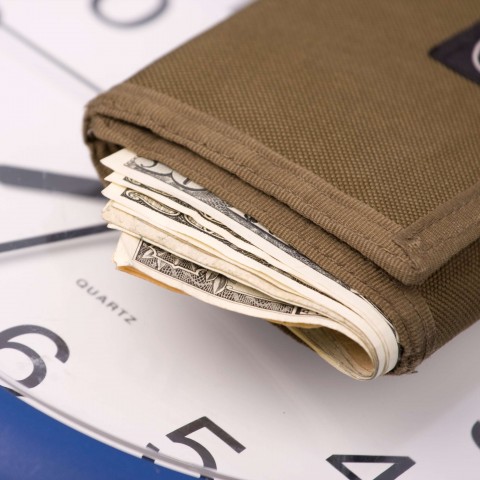
- وقت ایک دولت ہے۔
waqt aik dolat hai.
Time is money.
- وقت سب سے بڑا مرہم ہے۔
waqt sab say bara marham hai.
Time heals all wounds.
- وقت کسی کا انتظار نہیں کرتا۔
waqt kisi ka intizaar nahi kerta.
Time and tide wait for none.
- وقت پر ایک ٹانکا نو کا کام کر دیتا ہے۔
waqt per aik tanka nau ka kam kar deta hai.
A stitch in time saves nine.
8. Conclusion
UrduPod101.com has made an effort to introduce you to everything you should know about time in Urdu. By now, you should have a clearer idea of how to tell time in Urdu using a variety of words and methods.
Procrastination is the mother of all disasters. You can definitely avoid the disaster by following the videos and lessons about how to tell the time in Urdu on UrduPod101.com. Be the pilot of your learning journey, and stand distinguished from the others by consulting our sources.
Have all of your questions regarding the time in Urdu been addressed here? What’s your satisfaction level after going through this article? Don’t forget to leave your feedback, as it will let us prioritize your needs.
Very Happy Urdu Learning!





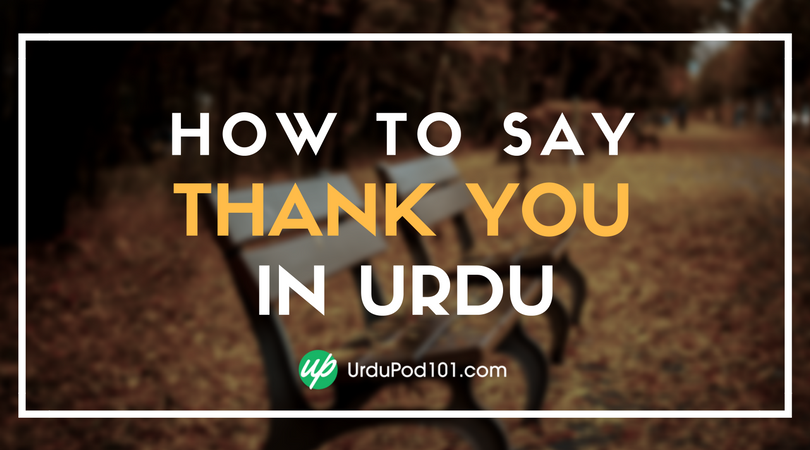








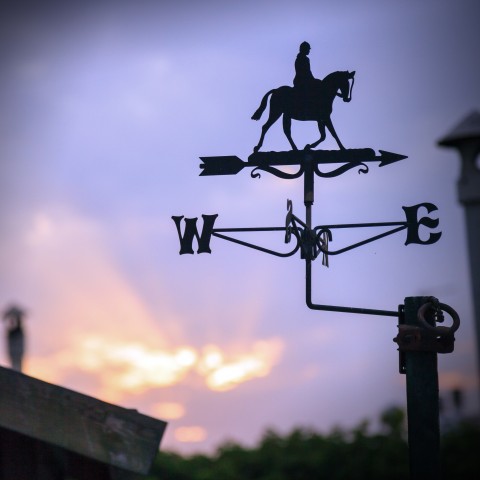
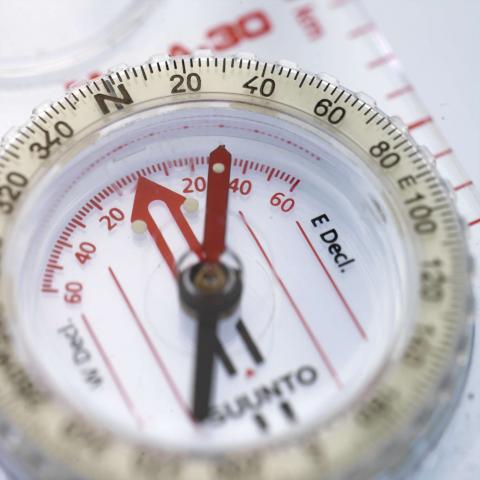

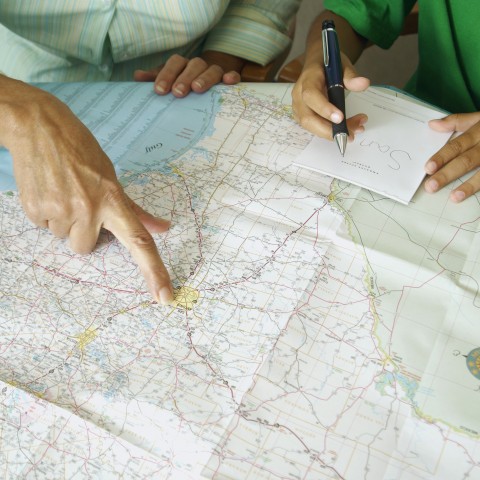

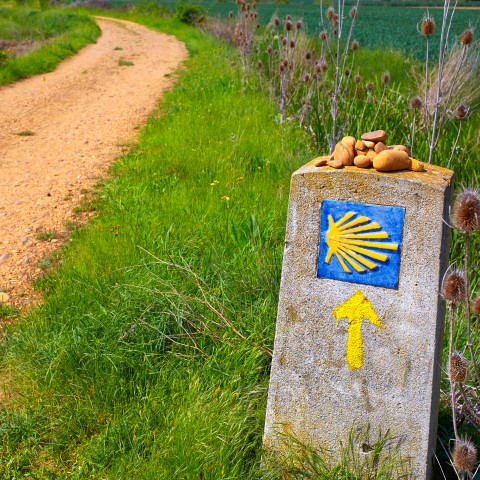


 Table of Contents
Table of Contents
